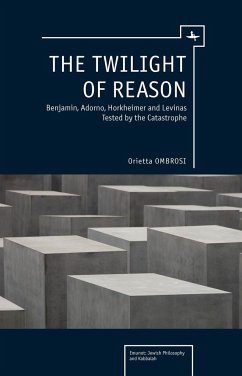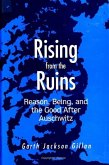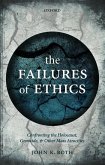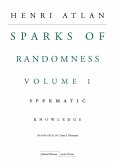¿Think of the disaster¿ is the first injunction of thought when faced with the disaster that struck European Jews during the Shoah. Thinking of the disaster means understanding why the Shoah was able to occur in civilized Europe, moulded by humane reason and the values of progress and enlightenment. It means thinking of a possibility for philosophy¿s future. Walter Benjamin, who wrestled with these problems ahead of time, Theodor Adorno, Max Horkheimer, and Emmanuel Levinas had the courage, the strength and the perception¿and sometimes simply the desperation¿to think about what had happened. Moved by indignation and the desire to testify, they felt the urgent need to address the cries of agony of Auschwitz¿s victims in their thinking.








